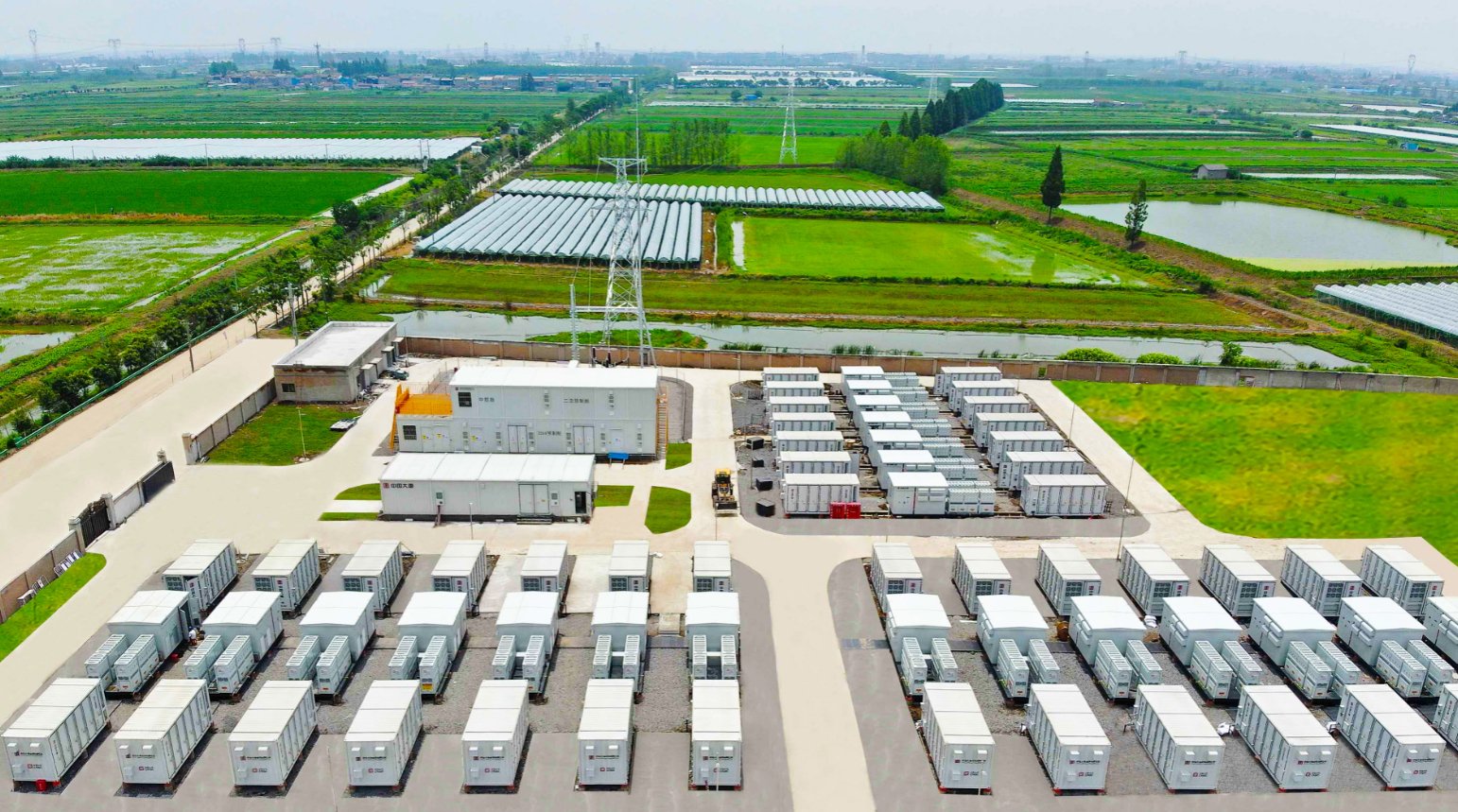As an emerging battery technology, sodium-ion batteries are hailed as the best alternative to lithium batteries. Although the price of lithium batteries has been falling in recent years, sodium-ion batteries no longer have a price advantage. But its safety and environmental protection are still important reasons for people to pay attention to it. In fact, Na batteries have been mass-produced and applied. This article will introduce sodium-ion batteries and how they can help us.
What is a Sodium-Ion Battery?
All batteries have a positive electrode and a negative electrode, the only difference is their materials. A sodium-ion battery (Na ion battery) is a battery based on sodium ions (Na⁺). Its working principle is similar to that of a lithium-ion battery. The battery consists of a positive electrode, a negative electrode, an electrolyte and a separator. Sodium ions replace lithium ions as charge carriers in the battery.
Other Names
Sodium-ion batteries are sometimes referred to as sodium batteries or Na-ion batteries and are considered a replacement technology for lithium-ion batteries, particularly in terms of resources, cost, and low-temperature performance.
Introduction
The development of sodium-ion batteries began in the 1980s, but due to issues with performance, stability, and production costs, they were not widely commercialized. In recent years, with advancements in technology, sodium-ion batteries have shown potential in terms of battery performance, production costs, and safety, especially performing better in low-temperature environments.
Development History
- 1990s: Initial research on sodium-ion batteries started, and researchers explored the possibility of sodium ions as the charge carriers.
- Early 2010s: With the increasing shortage of lithium resources and environmental concerns, sodium-ion batteries gained renewed attention. Companies like PKNERGY and Faradion began commercial research.
- 2020s: Sodium-ion batteries entered the industrialization stage and began to be applied in energy storage, power tools, low-speed electric vehicles, and other fields.
Why Develop Sodium-Ion Batteries?
- Lithium Resource Shortage: Global lithium resources are relatively limited, and most are concentrated in a few countries, leading to unstable supply chains. Sodium, as an element with a high abundance in the Earth’s crust, is a more sustainable alternative.
- Lower Costs: The raw material cost of sodium-ion batteries is lower than that of lithium-ion batteries. Sodium is more abundant and cheaper to mine, making it an attractive option for commercializing batteries, especially in cost-sensitive applications like energy storage systems and low-speed electric vehicles.
- Environmental Friendliness: Sodium-ion batteries are more environmentally friendly, as the mining process for sodium has less environmental impact compared to lithium extraction.
- Adaptability to Extreme Temperatures: Sodium-ion batteries perform better in low-temperature environments, such as in cold regions or high-altitude areas.
Comparison Between Sodium-Ion and Lithium-Ion Batteries
|
Feature |
Sodium-Ion Battery |
Lithium-Ion Battery |
| Resource Availability | Sodium is more abundant | Lithium is scarce |
| Cost | Lower | Higher |
| Energy Density | Lower | Higher |
| Charging Speed | Faster | Average |
| Cycle Performance | Lower | Higher |
| Low-Temperature Performance | Superior | Inferior |
| Safety | Higher | Moderate |
| Environmental Impact | More environmentally friendly | Higher environmental impact |
Benefits of Sodium-Ion Batteries
- Lower Cost: Sodium-ion batteries have a cost advantage due to the low cost of sodium as a raw material, which is more abundant and widely distributed than lithium.
- Excellent Low-Temperature Performance: Sodium-ion batteries perform better in extreme temperatures (from -40°C to 80°C), making them ideal for use in cold environments, such as in winter for electric vehicles and energy storage stations in cold regions.
- Safety: Sodium-ion batteries are safer compared to lithium-ion batteries, as they are less prone to dendrite formation, overheating, or self-ignition. They remain stable in overcharge, short-circuit, or high-temperature conditions, reducing the risk of accidents.
- High Charging Speed: Sodium-ion batteries can charge faster due to higher ion conductivity in their electrolyte, making them more suitable for applications that require fast charging and large-scale power supply.
Applications of Sodium-Ion Batteries
- Energy Storage Systems: Sodium-ion batteries are well-suited for large-scale energy storage systems, especially in grid-level energy storage applications. Their low-temperature performance and long-cycle stability make them an ideal solution for addressing fluctuations in renewable energy generation.
- Electric Vehicles (EVs): Sodium-ion batteries are expected to become the ideal battery option for some commercial vehicles and low-speed electric vehicles, particularly in fields where cost and safety are crucial factors.
- Power Tools and Devices: Due to their superior fast-charging capability and safety, sodium-ion batteries have great potential in applications such as power tools, robotics, and mobile devices.
- Off-Grid Energy Storage: Sodium-ion batteries can provide reliable energy storage solutions for off-grid applications, especially in remote areas where conventional energy sources are unavailable.
Current Major Applications of Sodium-Ion Batteries
One of the largest applications of sodium-ion batteries globally is the 100 MW/200 MWh sodium-ion energy storage station in Hubei, China by Datang, which is the world’s first large-scale sodium-ion energy storage project. This marks an important step in the commercialization of sodium-ion batteries.
Who is Selling Sodium-Ion Batteries?
Several companies have begun selling sodium-ion batteries. Notable companies like Zhongke Haina, Faradion, and CATL have made significant progress in the research and production of sodium-ion batteries. Many domestic and international companies are actively building production lines for sodium-ion batteries to promote their commercialization.
PKNERGY
As a leading battery manufacture, PKNERGY is committed to providing high-quality customized battery solutions to customers around the world. We have always focused on battery technology innovation and have developed cylindrical cells and prismatic sodium-ion cells of multiple capacities. You can buy the sodium-ion battery you need at PKNERGY.
Conclusion
Sodium-ion batteries, with their lower cost, abundant resources, high safety, and excellent low-temperature performance, are gradually becoming an important complement to lithium-ion batteries, especially in the fields of energy storage, low-speed electric vehicles, and power tools. With continuous technological progress and the advancement of commercialization, sodium-ion batteries will experience rapid growth in the coming years and become a key driver of global energy transition.
Post time: Jan-03-2025

